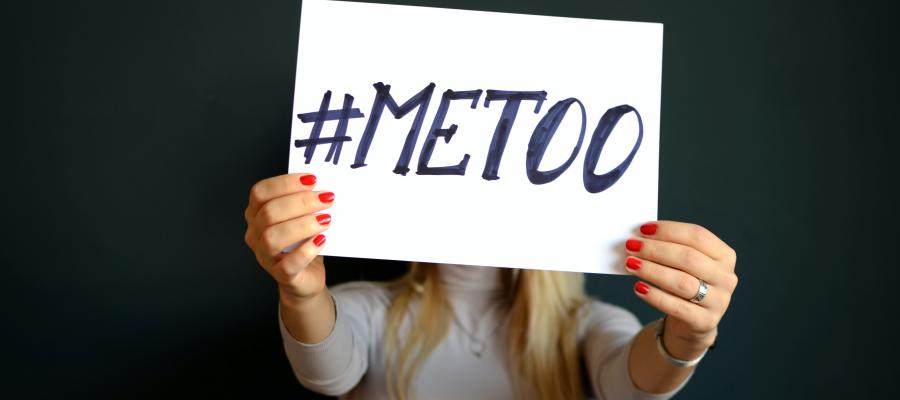#MeToo: Retribution, Accountability, and Justice
Mar 06, 2022The #MeToo movement exposed how pervasive sexual harassment and abuse are, and how rare it is for perpetrators to be held accountable.

How do we achieve justice for victims of sexual assault? Can we change the legal system to make it more effective? Or should we turn to social media instead? This week, we're thinking about "#MeToo: Retribution, Accountability, and Justice."
Rape and sexual abuse are long-standing problems in our society that are slow to change, but are slowly beginning to get the attention they deserve. Activist Tarana Burke coined the #MeToo hashtag in 2006, but it gained greater mainstream recognition in the US in 2017, as Hollywood came forward about famous men who had sexually abused them.
Estimating the exact number of victims is difficult, but sexual violence is a problem that impacts people of all genders, and especially impacts women. The National Sexual Violence Resource Center reports that 81% of women and 43% of men in the US say that they’ve experienced some form of sexual harassment and/or assault in their lifetime.
So what should we do about it? One option is to turn to the law for criminal punishments that are either harsher, more consistently applied, or both. But this approach faces problems.
Coming forward can be harrowing for victims, who often find themselves re-victimized by the very legal and social services that are supposed to help them. They may be denied medical services, have their testimony dismissed, or even be blamed for their own rapes.
Some of these problems can be addressed by reforming the legal system—for example, by passing rape shield laws that prevent victims from being discredited by appeal to their sexual histories. But even if the legal system can be improved, that’s little comfort for victims who are deciding what to do now.
Criminal law is also morally questionable because of how it treats those convicted of rape. Critics of carceral feminism argue that rushing to imprison people—even for crimes that deserve to be taken seriously, like sexual harassment and rape—contributes to a society where poor, black, brown, and mentally ill people are routinely brutalized, and focuses on punishing wrongdoers over serving the needs of victims. False accusations are sometimes used as a pretext for racial violence. And if we are concerned about rape, we must also be concerned about prison conditions, since rape of prisoners remains a serious social problem.
What are the alternatives to criminal law? One opportunity is to use civil law to seek punishment for assailants and restitution for victims. Another is to use social networks and social media to warn other potential victims, though this has the danger of social punishment without due process, or of backlash against those who speak out.
Long-term change has to be about more than just punishing wrongdoers, or speaking out against specific assaults. We must change our culture to prevent rape and sexual assault from happening in the first place. This means moving away from a model of sex where men push and women acquiesce, and toward one where sex is about mutual enjoyment. It means challenging rape myths wherever they appear, and it means giving would-be victims the economic and social power to escape abusive situations.
I’m excited to talk to this week’s guest, director of the University of British Columbia Centre for Feminist Legal Studies, Janine Benedet, about how we can transform the law and society to prevent rape and better serve the needs of victims. I hope that someday we can make sexual assault a thing of the past.
Comments (1)
Harold G. Neuman
Wednesday, March 9, 2022 -- 3:43 AM
As British bluesman JohnAs British bluesman John Mayall wrote, back in the 1970s, 'the laws must change some day, yeah, but it's going to take some time'.